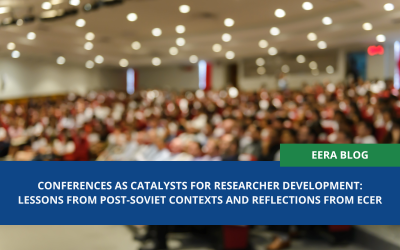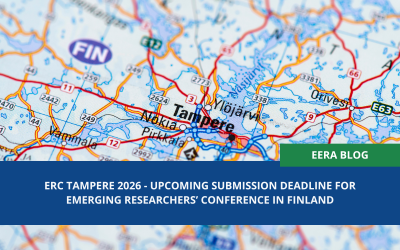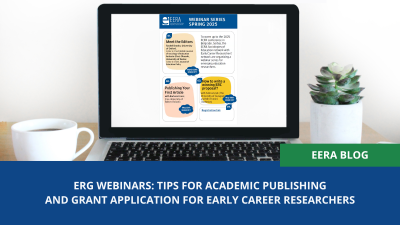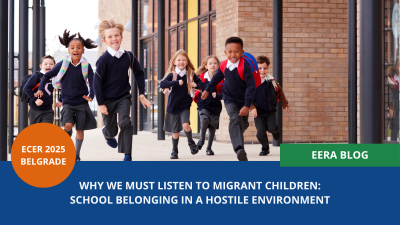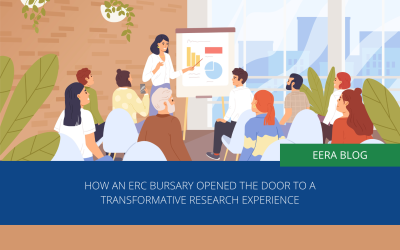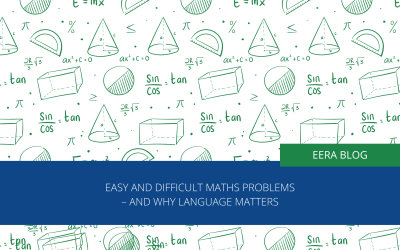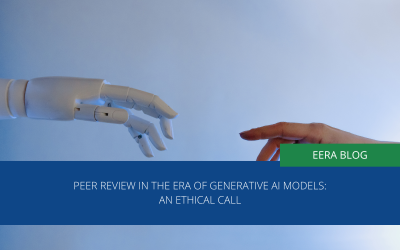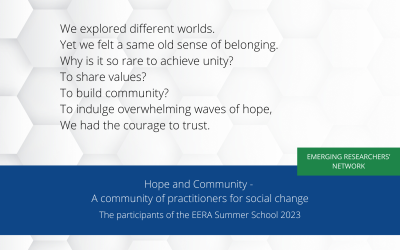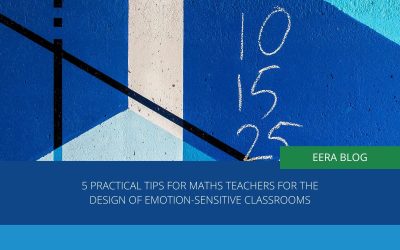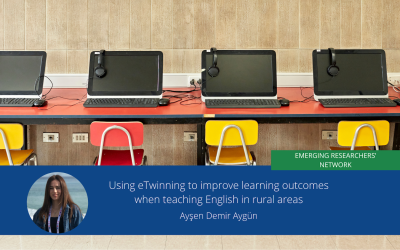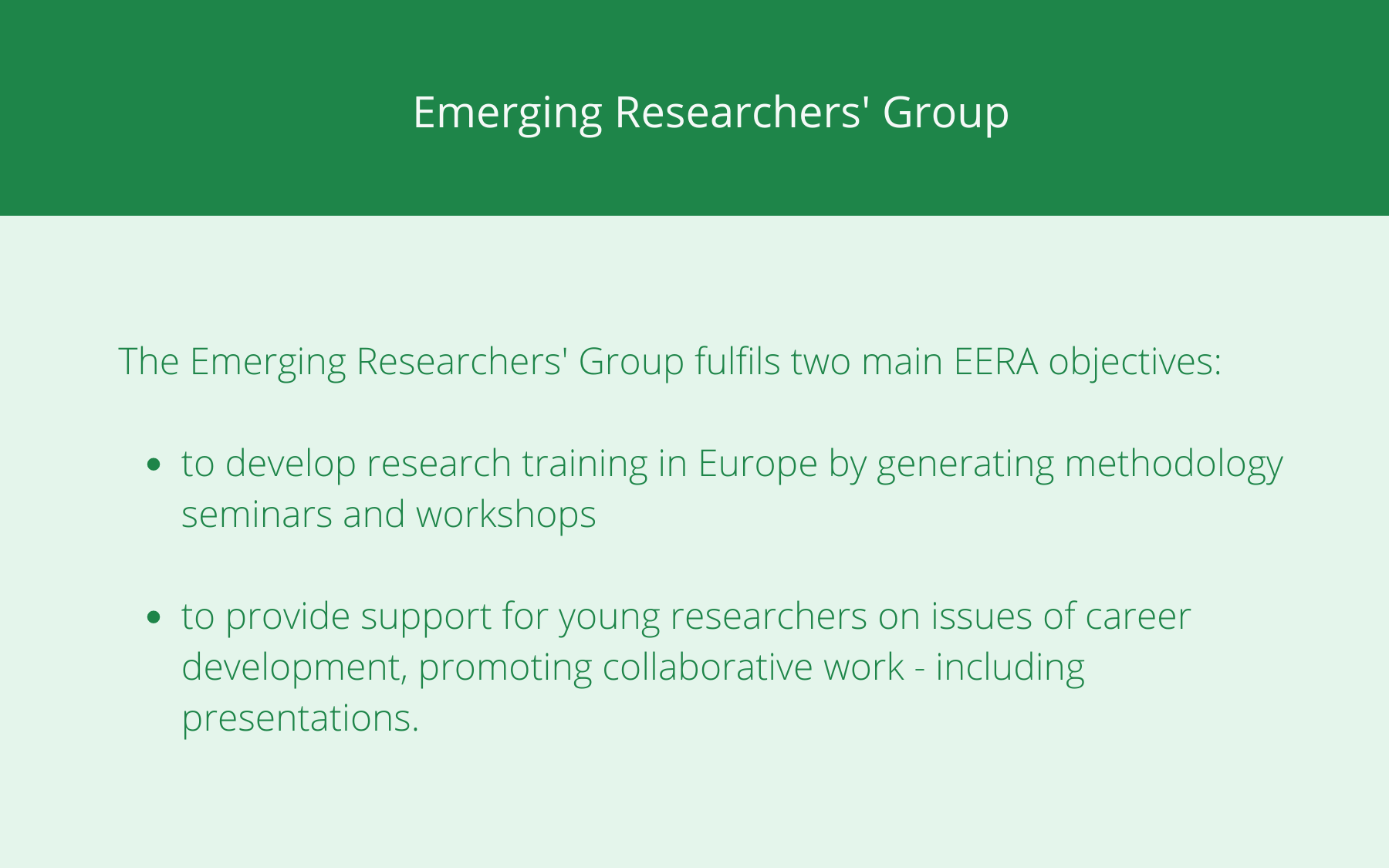
The ERG’s main strength lies in the support it offers to ‘new’ researchers in providing a space for discussion and collaboration with peers across Europe. In addition, it creates a new space in EERA which allows emerging researchers to be supported so that a strong, independent ‘Emerging Researchers’ forum will add to EERA’s internal democratic accountability.
The Group will recruit members whose membership details will be held within the EERA database. The annual meeting is held at ECER each year; and year round contact is maintained between members through email and via the Emerging Researchers’ Group website.
The Link Convenor, elected for a fixed term by the annual group meeting, will be co-opted onto the EERA Council for the period of their office and their travel expenses will be paid by EERA. The Convenor will be expected to represent the interests of ‘new’ educational researchers in Europe on Council.
Find out more about the Emerging Researchers’ Group on the EERA website, including upcoming events, workshops, and more.
Conferences as catalysts for researcher development: Lessons from Post-Soviet contexts and reflections from ECER
A personal reflection on academic conference experience, comparing post-Soviet systems with modern conferences such as ECER, with advice for early-career researchers.
ERC TAMPERE 2026 – upcoming submission deadline for emerging researchers’ conference in finland
The submission deadline for the Emerging Researchers’ Conference in Tampere in 2026 is 31.01.2026. Find out the theme of the conference, and how to submit on our blog.
ERG Webinars: Tips for academic publishing and grant application for early career researchers
A serues of ERG webinars provided early career researchers with tips for academic publishing, journal selection, and grant writing to build their academic identity.
Why we must listen to migrant children: School belonging in a hostile environment
Across Europe, migration is increasingly politicised, creating challenging environments for migrants and their families. Thi Bogossian’s ethnographic research in a diverse English primary school reveals how education can act as an “oasis” of belonging for migrant children amid exclusionary politics.
How an ERC bursary opened the door to a transformative research experience
When I received the email confirming that I had been awarded an Emerging Researchers’ Conference (ERC) bursary, I became excited and, at the same time, slightly nervous. As a first-year PhD student in Educational Sciences, I was just beginning to look for my footing...
Easy and difficult maths problems – and why language matters
Beyond the actual learning of mathematics, situational and linguistic aspects are relevant when students are working on a task
Any of these aspects can influence whether a maths problem is perceived by the student as easy or difficult. Not understanding the maths problem, therefore, does not unambiguously point to a level of mathematical ability.
Peer review in the era of generative AI models: An ethical call
The emergence of generative AI models, such as ChatGPT, is significantly impacting various facets of society, including research and academia. Given their ability to generate human-like text based on input data or prompts, generative AI models have profound implications for the academic community. These implications entail ethical and societal challenges within the peer review process, raising questions about the potential role of such models.
Hope and Community – A community of practitioners for social change
Researchers and research have the potential to instigate change, or at the very least, offer hope for the possibility of change – reflections from the EERA Summer School 2023
5 practical tips for maths teachers for the design of emotion-sensitive classrooms
Teachers should design authentic learning environments in which students are provided with learning opportunities to apply their knowledge and skills in different disciplines and real life, argues Dr. Başak Çalık.
Using eTwinning to improve learning outcomes when teaching English in rural areas
eTwinning offers students in remote areas the opportunity to socialise and make friends throughout Europe, and provides them with an opportunity to practice their English skills while developing ICT skills. For teachers, eTwinning can lead to a cooperative learning and working experience with other European teachers on a range of subjects.

